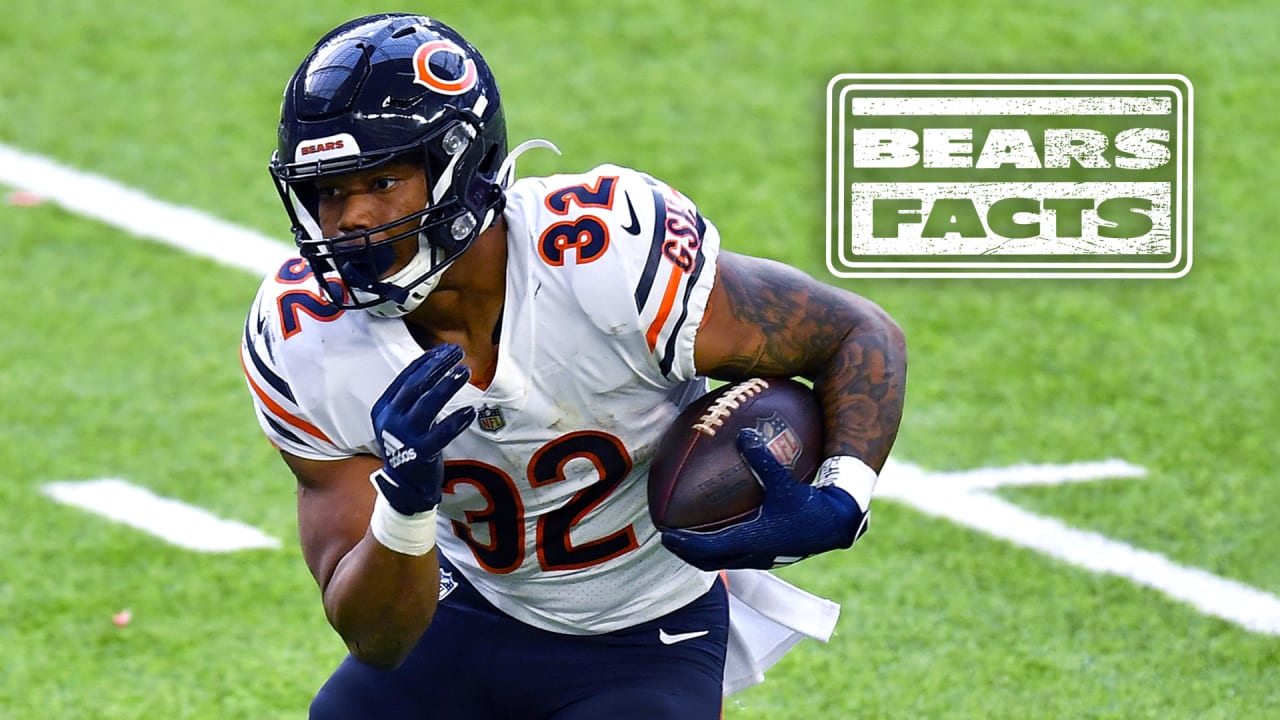
Since the season began, Montgomery has decided to step up his diet game: he has removed all meat and animal products from his diet. He's been happy with his results. Correlation is not causation, but he has rushed for more yards than anybody in the league, save Derrick Henry, since making the switch.
"That's probably the biggest thing," said Montgomery, "feeling more energized. Just eating healthy and taking care of my body more."
(2) He organized a donation drive for a local charity to become an Eagle Scout.
Montgomery earned the highest rank in the Boy Scouts of America while he was in high school. His final project dealt with two Cincinnati institutions. Montgomery organized donations of Proctor & Gamble products to the Mary Magdelen House. Proctor & Gamble is one of Cincinnati's biggest companies and one of the area's major employers.
The Mary Magdelen House is a Cincinnati-based facility that cares for the city's poor and homeless.
"I created a pipeline from P&G to Mary Magdelen House," said Montgomery. "Also, I collected a lot of products of my own."
(3) He sees big things coming for Iowa State football.
Montgomery was in the first class of recruits coach Matt Campbell signed after arriving in Ames in 2016. The next three years saw the Iowa State program record its first back-to-back winning seasons in a decade and Montgomery rise from unheralded recruit to one of the top running backs in the 2019 draft.
Montgomery carries deep admiration for his college coach.
"Coach Campbell was probably the best human being I've ever dealt with," said Montgomery. "He was like my father at school."
Campbell's name has been floated for jobs at elite programs the past four years, but Montgomery is skeptical that the 41-year-old coach will ever seek greener pastures.
"He's not going nowhere," said Montgomery. "He's going to be at Iowa State. He ain't going nowhere."
(4) It took him a year to get used to living in rural Iowa.
Growing up in dense and diverse Cincinnati, Montgomery had some reservations about living in Ames, Iowa, a town of just over 60,000 people, only three percent of whom are African-American.
"I was black, and I was going to a place with almost all white people around me," said Montgomery. "I didn't know how I'd feel. I was scared because I didn't know if people would view me as a threat."
After his first season, Montgomery felt more at ease with his surroundings. The support system around the football program helped him feel more at home.
"I realized a lot of people there were supporting me," said Montgomery.
(5) If he were not a football player, he would have gone into culinary arts.
If football didn't exist, Montgomery would be working as a chef right now.
Montgomery's path as a football player has been more lucrative, but his lifelong enjoyment of cooking has helped his recent health kick. Ridding his diet of meat and dairy would have been more difficult if it weren't for his ability to make quality replacement food.
"You have to cope," said Montgomery. "There's a lot of stuff that you take away from eating."
"about" - Google News
December 24, 2020 at 03:22AM
https://ift.tt/34FSG4I
5 things you may not know about David Montgomery - ChicagoBears.com
"about" - Google News
https://ift.tt/2MjBJUT
Bagikan Berita Ini














0 Response to "5 things you may not know about David Montgomery - ChicagoBears.com"
Post a Comment